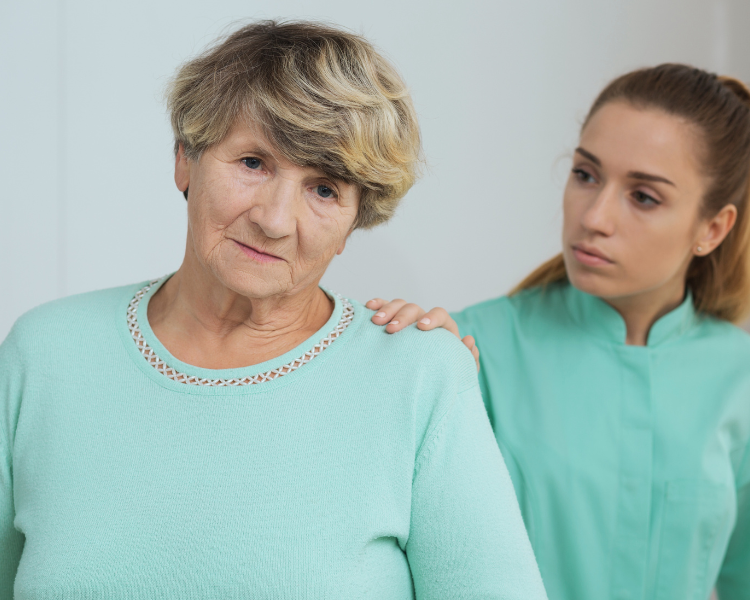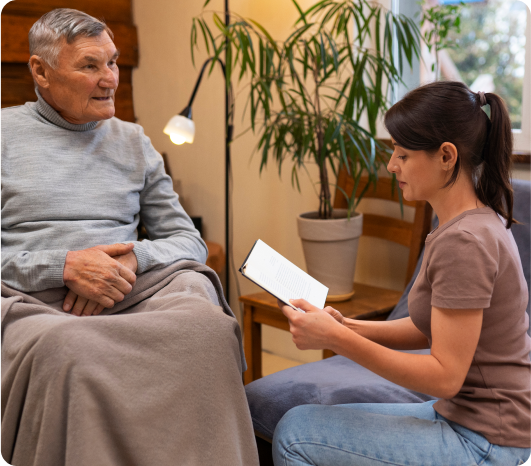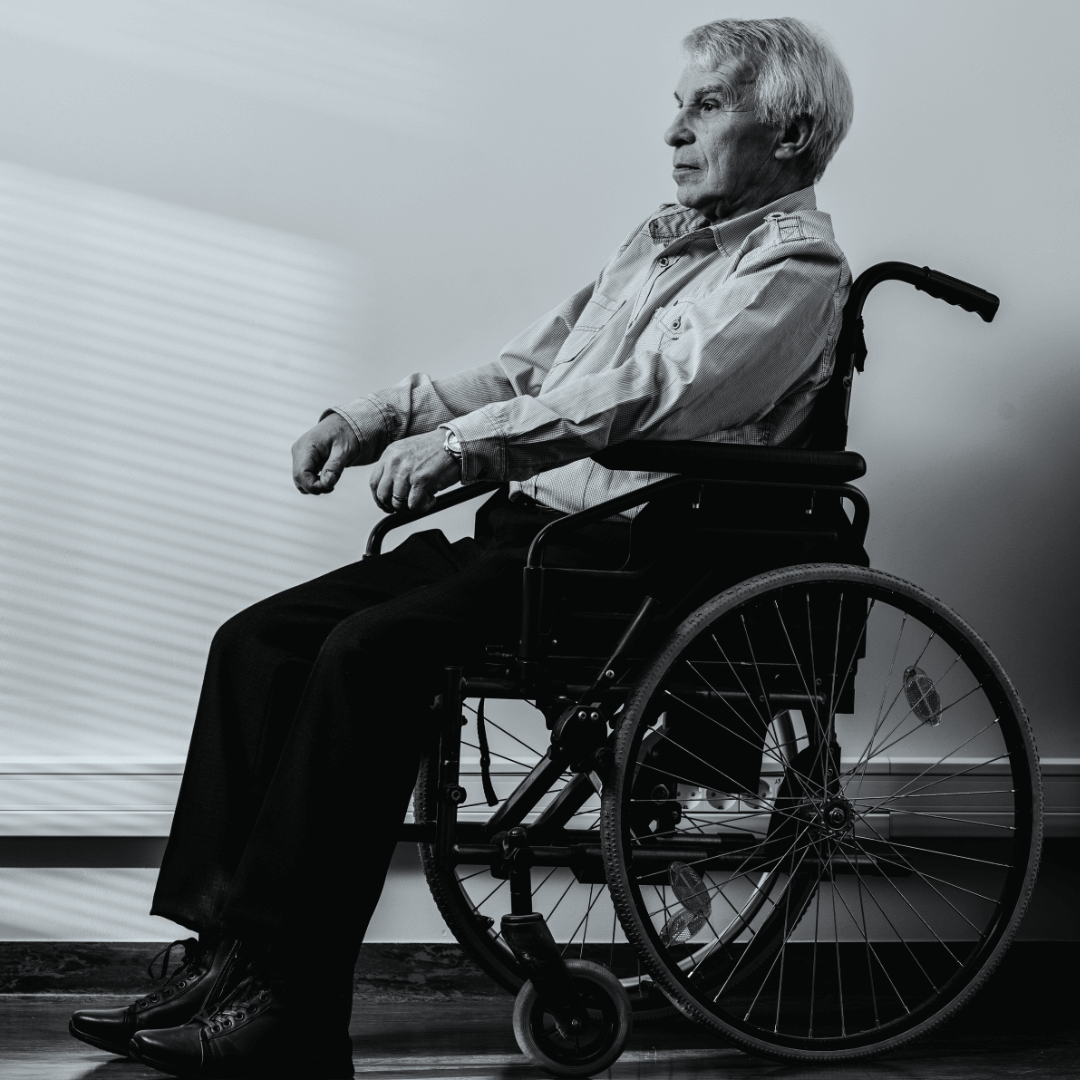NURSING HOME ABUSEPhoenix Nursing Home Abuse Attorneys
Understand what nursing home abuse looks like and how to take action. Get help now from experienced Phoenix nursing home abuse attorneys. Call 602.387.3000 for a free consultation.
NURSING HOME ABUSENursing Home Abuse: Protecting Our Vulnerable Loved Ones
Nursing homes are a necessary option for many families with elderly or vulnerable loved ones. These facilities promise to provide a safe and caring environment for elderly residents who require specialized care. However, many families have found that care in nursing homes is inadequate and dangerous.
Nursing home abuse and neglect has devastating consequences for those in need of care and attention. In this comprehensive article, we will explore nursing home abuse and neglect, its various forms, how to understand the signs and symptoms, and discuss steps to prevent and address this problem.
Nursing home abuse and neglect has devastating consequences for those in need of care and attention. In this comprehensive article, we will explore nursing home abuse and neglect, its various forms, how to understand the signs and symptoms, and discuss steps to prevent and address this problem.
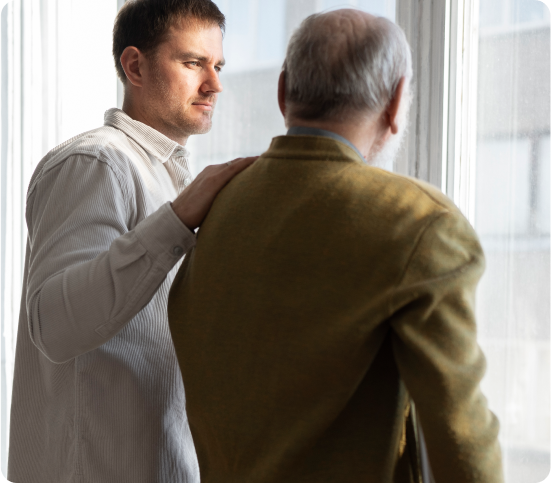
Solomon & Relihan: Nationally Ranked Nursing Home Abuse Attorneys
Call Phoenix Nursing Home Abuse Lawyers Solomon & Relihan today for a Free Case Evaluation at (602) 387-3000
Call (602) 387-3000 for a free nursing home abuse consultation today
Preventing Nursing Home Abuse
Preventing nursing home abuse requires proactive measures from both families and nursing home facilities:
Choosing the Right Facility
Thoroughly research and visit potential nursing homes. Look for facilities with a good reputation, well-trained staff, and a commitment to resident well-being. You can take proactive measures to find the best facility for your loved one’s needs.
Research thoroughly
Utilize online resources like Arizona's complaint database or AZNursingHomeCompare.com to see past citations and inspection reports. AZCentral.com has also compiled senior care resources and their own abuse and neglect database.
Visit in person
Observe resident interactions with staff, assess the overall atmosphere, and ask detailed questions about care plans and policies.
Seek additional insights
Talk to current residents' families, staff members, and local elder care advocates for their firsthand experiences.

Preventing Nursing Home Abuse
Preventing nursing home abuse requires proactive measures from both families and nursing home facilities:
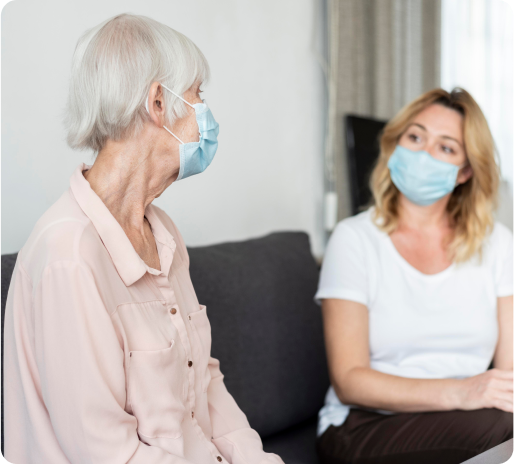
Regular Visits and Communication
Make frequent visits
Regular presence allows you to monitor your loved one's physical and emotional well-being.
Encourage open communication
Create a safe space for them to voice concerns or anxieties without fear.
Pay attention to changes
Be alert for any physical, behavioral, or mood changes that may indicate potential problems.
Training and Supervision of Staff
Advocate for staff training
Encourage facilities to invest in comprehensive training on abuse prevention, resident rights, and effective communication.
Seek adequate staffing levels
Proper staffing ensures individual attention and timely responses to residents' needs. More than 8 in 10 nursing homes may be understaffed. Less staff usually means worse care.
Support background checks
Advocate for thorough background checks on all staff members to ensure the safety of residents.

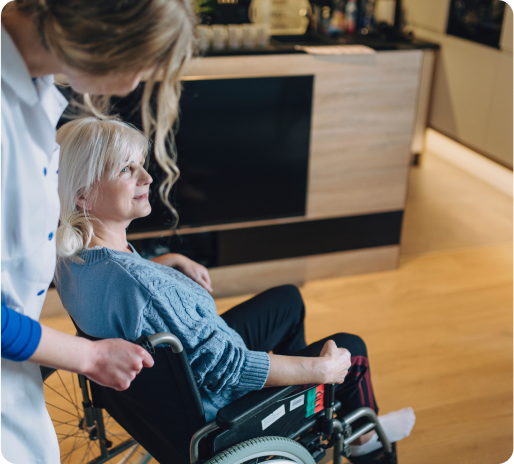
Reporting and Documentation
Report any suspicions immediately
Contact facility administrators and relevant authorities promptly if you suspect abuse. If you believe someone is in imminent danger, call 911.
Record your observations
Keep detailed notes of incidents, conversations, and any photographic evidence, if possible.
Maintain clear communication
Document your reports and follow up with all involved parties to ensure proper investigation and action.
Taking Action
If you suspect nursing home abuse, it's essential to take immediate action:

Reporting Suspected Abuse
Contact the facility administration immediately
Clearly state your concerns and request immediate action to ensure your loved one's safety.
Alert relevant authorities
Inform the Arizona Adult Protective Services at 1-877-767-2385 or local law enforcement.
Seek medical attention
If your loved one shows signs of injury or neglect, prioritize receiving medical attention.

Legal Recourse - Call an Experienced Nursing Home Abuse Lawyer
Consider seeking legal counsel to hold the responsible parties accountable for their actions. Legal action can help recover damages and prevent further abuse.
Nursing Home Residents can have their rights violated in a number of ways. The following is a partial list of rights that apply to nursing homes receiving federal dollars.
(To discuss if rights were violated, please call Solomon & Relihan at (602) 387-3000.)
Nursing Home Residents can have their rights violated in a number of ways. The following is a partial list of rights that apply to nursing homes receiving federal dollars.
(To discuss if rights were violated, please call Solomon & Relihan at (602) 387-3000.)
Nursing Home Resident Rights:
Free Choice
The right to choose a physician, to be fully informed of medical care and treatment, and to participate in planning care and treatment.
Grievances
The right to voice grievances without discrimination or reprisal and have prompt efforts made by the facility to resolve them.
Physical/Mental Abuse
The right to be free from physical and mental abuse, punishment, and involuntary seclusion.
Physical/Chemical Restraints
The right to be free from physical and chemical restraints used for the purpose of discipline or convenience and which are not required to treat the resident’s medical condition.
Information
The right to review and get copies of medical records.
Notice of Resident’s Rights
The right to receive, orally and in writing, a list of resident rights.
Nursing home abuse is a distressing issue that demands our attention and action. By understanding the various forms of abuse, recognizing the signs, and taking proactive measures, we can protect our vulnerable loved ones and ensure they receive the care and respect they deserve.
Do you have a loved one in a nursing home and believe she or he is being abused or neglected? Our attorneys are experts and experienced in identifying and seeking justice for nursing home abuse and neglect victims. Call 602.387.3000 for a free case evaluation.
Call Us for a Free Case Review (602) 387-3000
CONTACT USSolomon & Relihan
Our headquarters is based in Phoenix, AZ, but we serve communities across all of Arizona.
Head Office:
1951 W. Camelback Rd.
Phoenix, AZ 85015
Phone:
(602) 387-3000
Contact us
For a free analysis of your case.


